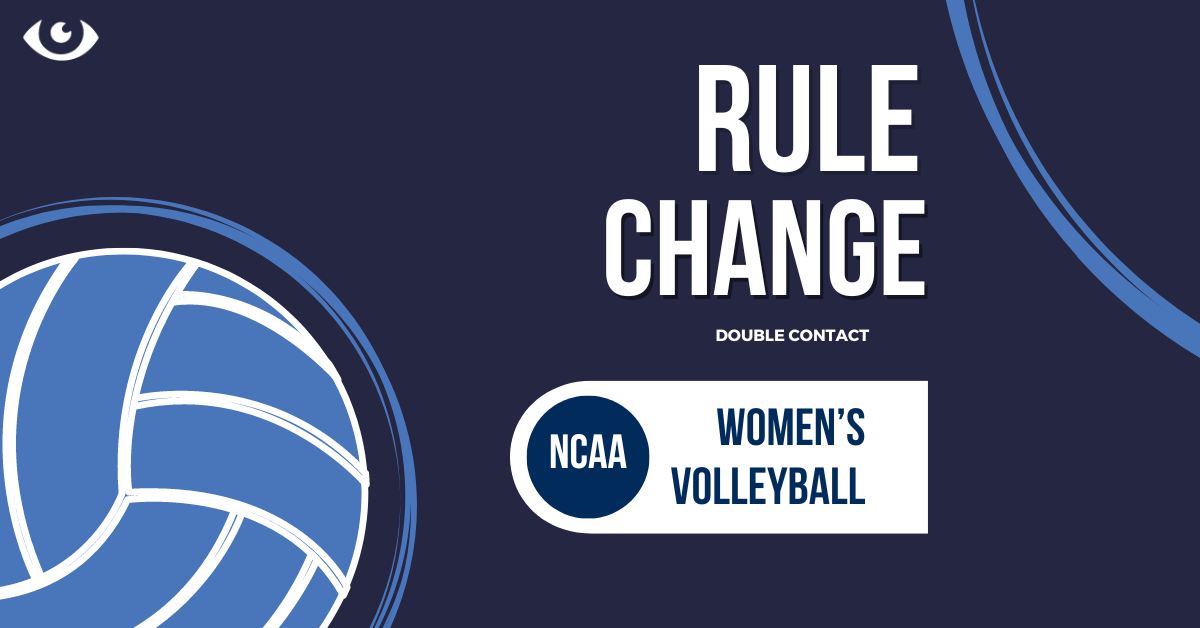As October, and thus ADHD Awareness Month, comes to an end, it is important to be aware of the problems so many children and adults with this disorder face. However, many students who do not have ADHD are aware of the stimulant medications those with ADHD take. Some might say they are a little too aware.
The Usage
Attention Deficit/Hyperactivity Disorder (ADHD) is a neurodevelopmental disorder that people most commonly associate with symptoms such as being easily distracted, fidgeting, impulsivity and forgetfulness. Scientists believe that neurotransmitters, nerve pathways and dopamine may work differently in the brains of those with ADHD.
People with ADHD take stimulants such as amphetamines and methylphenidate (which includes the medications Adderall, Ritalin and Concerta). According to Caroline Miller in her article “Will ADHD Medication Change My Child’s Brain?,” the stimulants work by increasing the dopamine that those with the disorder lack.
Still, students who are falling behind in high-pressure environments like Harvard and Manual are also likely to take the stimulants illegally. However, many of the abusers are not in school. According to Emma Pierson in the article “College Students Aren’t The Only Ones Abusing Adderall,” for those who abuse stimulants after college, “adults whose family incomes were below $10,000 had the highest rates of non[medicinal] Adderall use, and those whose family incomes were greater than $75,000 had the lowest.”
Adderall does more harm than good
Stimulants do keep users awake and tend to increase one’s focus, which are two reasons for the drugs’ allure. However, they work differently in those without ADHD, do not provide the benefits abusers seek and can be dangerous if not taken in the way a doctor prescribed.
“Instead of having a calming effect as they would on people with ADHD, stimulants taken without a medical reason can disrupt brain communication and cause euphoria,” according to Sara Bellum in her 2012 article for the National Institute of Drug Abuse for Teens, “Prescription Stimulants Affect People With ADHD Differently.” While this may seem like a benefit to some, the overflow of dopamine to the brain can also increase the chances of addiction.
Though students assume Adderall and similar drugs provide cognitive benefits in those with and without ADHD, few studies support this claim. According to Shaheen E Lakhan and Annette Kirchgessner, these “studies only found a correlation with rote memory tasks, not complex memory, which is more likely to appear on college exams.” In the same paragraph, Lakhan and Kirchgessner explained that out of eight experiments testing the benefits of prescription stimulants, “only one of the experiments yielded significant memory enhancement on short delays.” This means that these stimulants do not help students remember what they crammed for a test the night before.
The main problem, however, is that these so-called “study drugs” can be harmful to those without a prescription. According to Michael Bratsis in “‘Study Drugs’ Don’t Help With Studying,” these drugs are safest and most beneficial to the user when physicians start prescribing low doses of medication and “increase gradually until a therapeutic effect is reached.”
ADHD medications work differently for everyone. Those with or without prescriptions might take the wrong version of ADHD medication or the wrong dosage and major problems could ensue, but without a prescription an overflow of dopamine is more likely and thus more dangerous.
According to Bellum, Bratsis, John Cunha of RxList and the editors of ADDitude Magazine side effects of taking ADHD medication could include the following as well as much more:
- Appetite loss
- Constipation
- Dizziness
- Hallucinations
- Headaches
- Hostility
- Increased blood pressure
- Increased heart rate
- Irritability
- Mood changes
- Nervousness
- Paranoia
- Stomachaches
- Trouble sleeping
In high doses these stimulants “can lead to serious cardiovascular complications, including stroke,” Bratsis said.
What works
Though using Adderall or similar medications to help study does not always work, the promise of drive and alertness still lures students to this potentially dangerous medication. But there are better ways for students to study or get their project done.
In “Finals study tips for Manual students,” there are many tips that can help students study and which can be applied to more than just finals. Such tips include organizing notes and study groups, taking breaks when necessary and avoiding procrastination.
Using stimulants to avoid sleep in order to cram is a terrible combination. Sleep is an essential aspect of memory and sacrificing sleep to cram is counterproductive. Getting enough sleep before a big test is one of the most important strategies for a student, one which the plan to cram with stimulants like Adderall could not hope to mimic.





